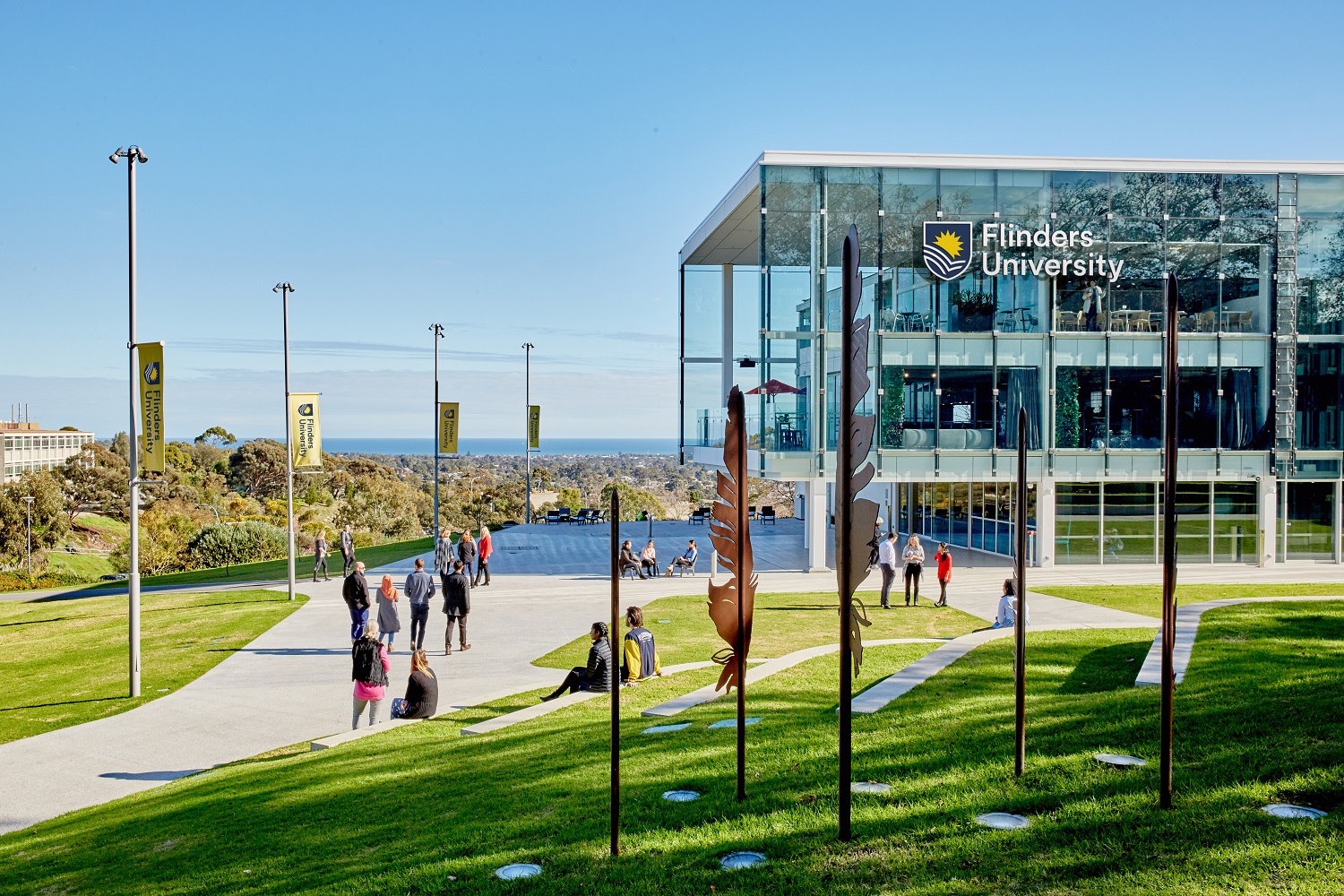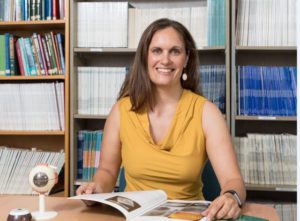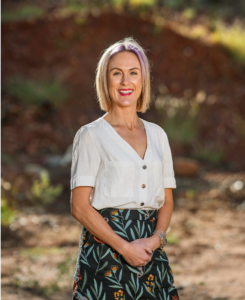
Continuing Flinders’ successful grant run in 2022, researchers Dr Emmanuelle Souzeau and Dr Courtney Ryder have been announced as NHMRC Investigator Grant recipients in the latest funding round.
The Investigator Grant scheme is NHMRC’s largest funding scheme and a major investment in Australia’s health and medical research workforce. The scheme awards around $370 million in research funding each year.
Sharing in over $1.2 million, the College of Medicine and Public Health academics will explore projects on injury prevention for Aboriginal and Torres Strait Islander children and improving glaucoma diagnosis and management, with five-year grants from the Emerging Leadership 1 category.
Awarded $655,150 for the project ‘Integrated genetic approaches to improve glaucoma diagnosis and management’, Dr Emmanuelle Souzeau is a genetic counsellor and Research Fellow in the Department of Ophthalmology in the Flinders Health and Medical Research Institute.

The research will look to advance knowledge on genes and variants for glaucoma, developing novel genetic testing reporting strategies for the disease and assess current genetic testing services.
“Blindness is one of the most feared conditions and glaucoma is referred to as the ‘sneak thief of sight’ as the early stages of the disease are often asymptomatic and half of affected individuals are undiagnosed,” says Dr Souzeau.
“Genetic testing can identify at-risk individuals early and influence management. My research program is looking at the characterisation of glaucoma genes and variants and the communication of genetic risk information.
“This work will improve genetic diagnosis and clinical management for glaucoma, while also increasing access to genetic services and support for patients and their families.”
Following on from her successful Medical Research Future Fund grant earlier in the year, Dr Courtney Ryder, an injury epidemiologist and Senior Lecturer in Public Health and Indigenous Health, has been awarded $642,650.

The project – ‘Transforming Injury for Aboriginal and Torres Strait Islander Children through Innovative Knowledge Gain and Co-designed Intervention’ – will address the high rates of injury amongst Indigenous children.
“Child injury is a national priority yet is an under resourced area, which is particularly critical for Indigenous children who endure the greatest burden including a mortality rate four times greater than non-Indigenous children,” says Dr Ryder.
“To address these health inequities, my research program will collaborate with Indigenous communities in South Australia, using Indigenous knowledges and research methodologies, and work with data custodians to understand the injury burden for Indigenous children.
“From there we can detect areas for improvement and co-design best practice, community centric approaches to injury intervention for Indigenous children to decrease injury and improve health and wellbeing.”
This recent NHMRC round follows other funding success for 2022, including a doubling of grants from the federal government’s Medical Research Future Fund and a trio of fellowships from the Australian Research Council.

